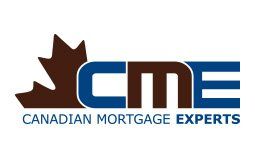Canadians Not Deterred By Homeownership Obstacles
Those dreaming of homeownership face a long list of obstacles: high prices, low supply and ever-changing mortgage rules and qualification requirements, to name a few.
But that hasn’t shaken Canadians’ desire to have a place to call their own, according to the latest consumer survey from Mortgage Professionals Canada.
For those who already own a home, 90% are happy with their purchase, while those considering homeownership see positive long-term financial benefits.
An overwhelming 76% of Canadians believe they’d be financially better off as a homeowner vs. just 8% who feel they would be better off renting.
But the findings acknowledge the path to homeownership isn’t always an easy one. Out of a list of six major decisions, homebuying ranks as the second-most stressful (behind moving to another city).
“Buying a home is complicated and challenging and stressful. Yet we still buy homes. We do it because we believe that it will make us better off than if we rent,” says the report’s author, Mortgage Professionals Canada Chief Economist Will Dunning.
“In most situations, owning a home provides a positive (and tax-free) ‘rate of return’ on the owner’s investment of equity, and that rate of return rises over time.”
Paul Taylor , President and CEO of MPC, says the association has learned much about the resilience of the Canadian homebuyer through its past surveys. “We’ve learned that Canadians are generally very prudent and considerate with their financial decisions.”
Here are some of the key findings from Dunning’s latest survey
:
Consumer Sentiment
- While Canadians agree (6.52 out of 10) with the following statement, “interest rates have meant that a lot of Canadians became homeowners over the past few years who probably should not be homeowners,” the level of agreement has fallen from the long-term average of 6.93.
- They also continue to agree that “real estate in Canada is a good long-term investment” (7.16) and that mortgages are “good debt” (6.99).
- Concerning the current economic outlook for the next 12 months, the survey found Canadians are mildly optimistic (6.07), slightly above the neutral score of 5.5.
The B-20 stress test
- Only half of Canadians are aware of the stress test requirements
- While this isn’t necessarily alarming, given that most people aren’t imminently buying a house and don’t need to be familiar with the rules, Dunning noted, “this limited awareness is also present among people who expect to buy a home during the coming year: there is a risk that some buyers could have unexpected difficulty in obtaining the financing they need.”
- Respondents agreed (6.84 out of 10) that the stress tests will “ensure that homebuyers will still be able to afford their homes if interest rates rise by a large amount in the future.”
- However, those surveyed also agree (6.62 out of 10) that the stress tests “will result in more people having to turn to more expensive mortgage options from lenders.”
The First-Time Home Buyer Incentive
- Canadians are in “moderate agreement” that the new First-Time Home Buyer Incentive (FTHBI), which launched on September 2, will “make it easier for Canadians to afford a home.”
- However, among existing homeowners, most say they would not have used the program when they bought their first home.
- Most respondents also said they would not be willing to give up equity in their home.
- Dunning expects the program will result in less than 5,000 incremental first-time purchases per year.
30-Year Amortizations
- The idea of raising the maximum amortization period to 30 years (which was reduced to 25 years in 2012) has a certain degree of support among Canadians.
- Respondents agreed (6.71 out of 10) that bringing back 30-year amortizations would “allow homeowners to control their payments in the critical early stages of their mortgage.”
- There was also a feeling that it would “result in more Canadians being worse off overall at the end of their mortgage” (6.15 out of 10) and would “result in more Canadians purchasing homes that they can’t afford”(6.72 out of 10).
- Compared to the FTHBI, 44% favoured a return to 30-year amortizations vs. 27% who preferred the FTHBI.
This article was written by Steve Huebl from Canadian Mortgage Trends and was originally publishedon Sept 6th 2019, but we thought we'd share it here on our blog as it contains lots of great information. Need mortgage advice? Don't hesitate to contact any of our Canadian Mortgage Experts anytime!




